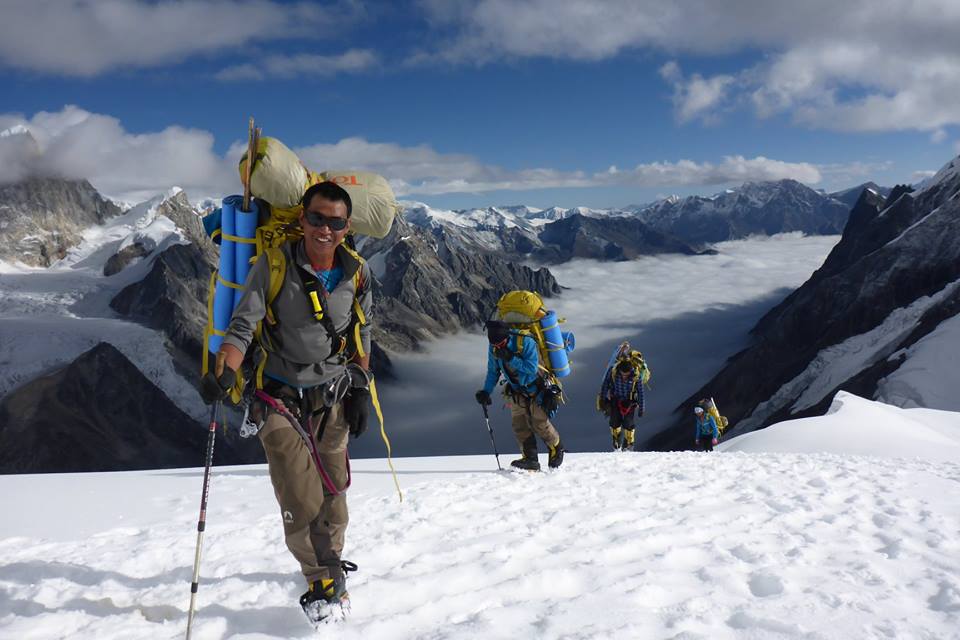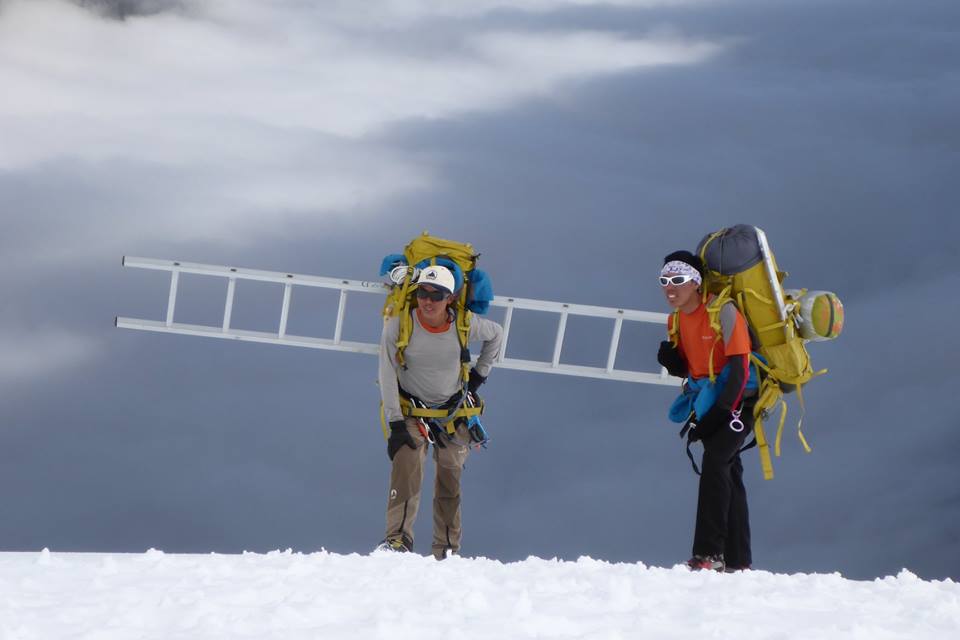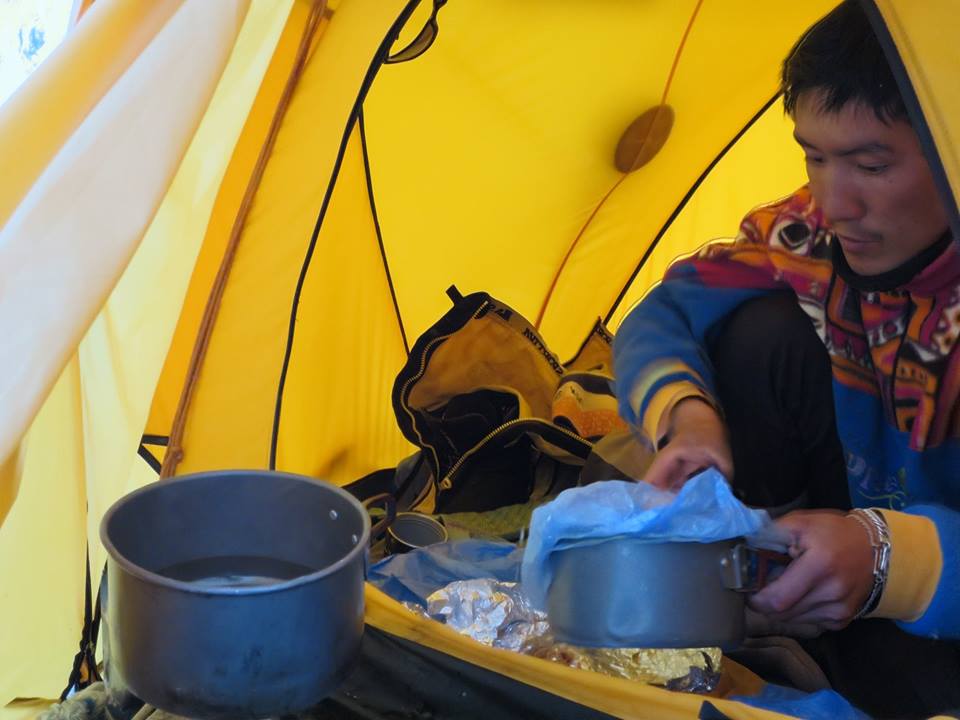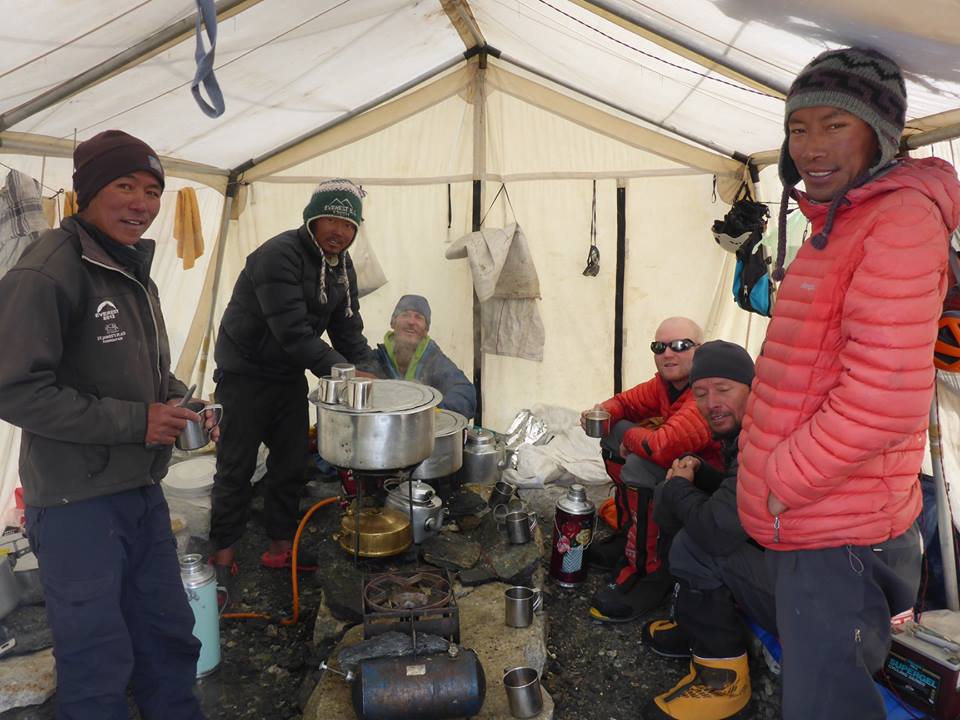An ascent of a mountain like Mount Everest is an entirely different prospect for the men and women who act as Guides, basecamp managers, Climbing Sherpa, porters and high-altitude catering staff. Theirs is a world of decisive responsibility, acute pressure, refined expertise, bizarre demands and being able to perform without fail at the top of their mental and physical capabilities in an environment which is literally set out to kill them.
The success of the expedition lies firmly on the shoulders of the team of professionals whose clients have entrusted them with not only their hard-earned cash but with their lives. Naturally one doesn’t just find oneself in a position of such responsibility by chance.
Working on a mountain like Mount Everest requires you to have been put through your paces as a mountain professional on countless other mountains, in countless different places and that you have reached the stage where you no longer act according to what you have already learned and experienced, but on intuition and instinct. Their ascent of Mount Everest is not about being in the spotlight but working in the shadows, behind the scenes, juggling the balls and keeping the finger on the pulse. Equally, their work is hugely rewarding, a hoot and a laugh out loud career.
They meet people from every corner of the globe, all of whom share a single ambition. To be able to help their respective teams realize their dreams, to have been entrusted with their safety and success means a lot to them. To them, it means that the years of hard slog have been rewarded by the hardest slog of all and that is just the way they like it.
To share this unique perspective into the world of the crews working on mountains like Mount Everest I will be reporting regularly about every aspect of the 2019 ascent of Everest from Tibet and hope to do interviews of my fellow Guides, the Climbing Sherpa teams, high-altitude cooks, basecamp managers and follow the stories of the international teams sharing this incredible challenge with us.



